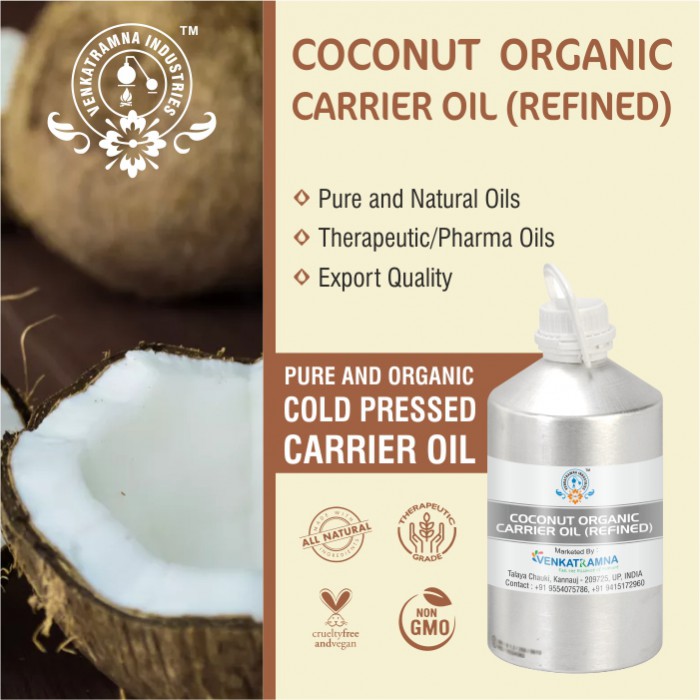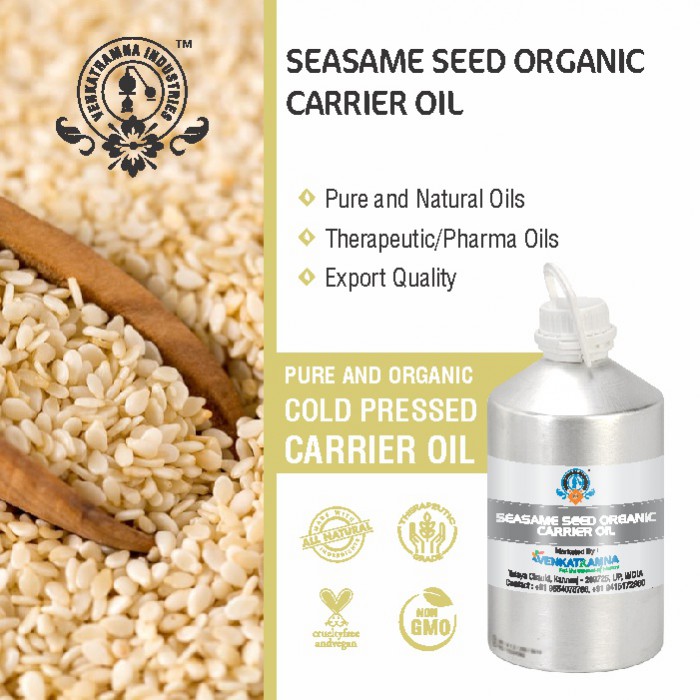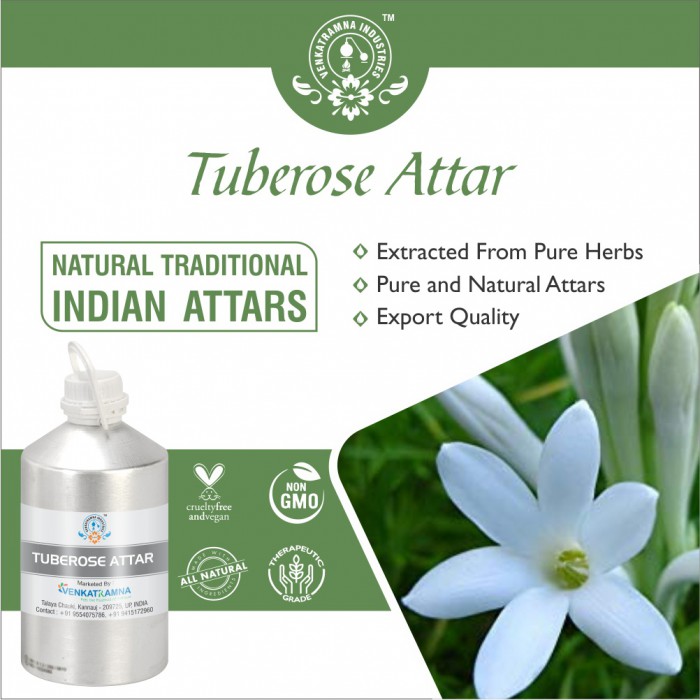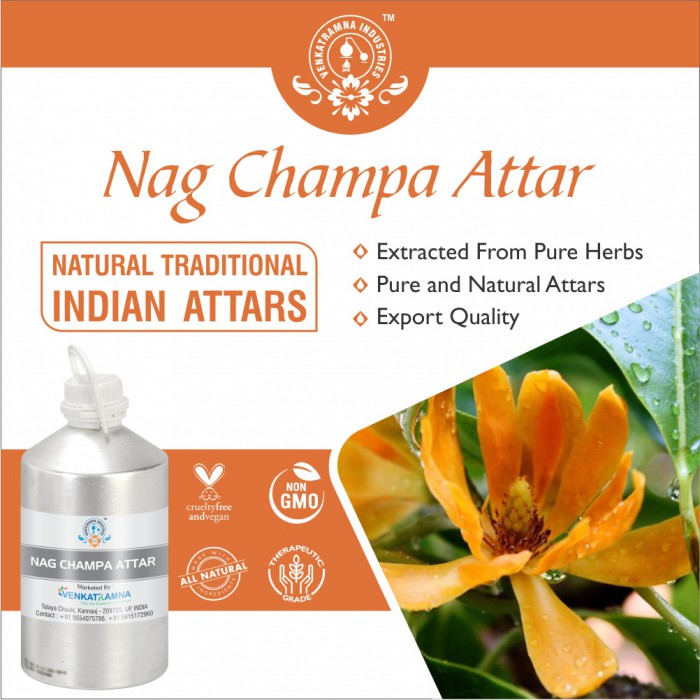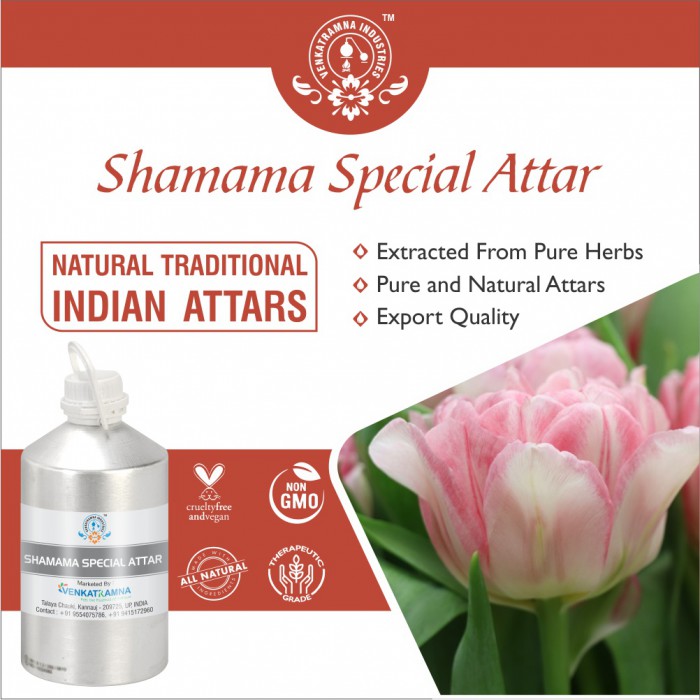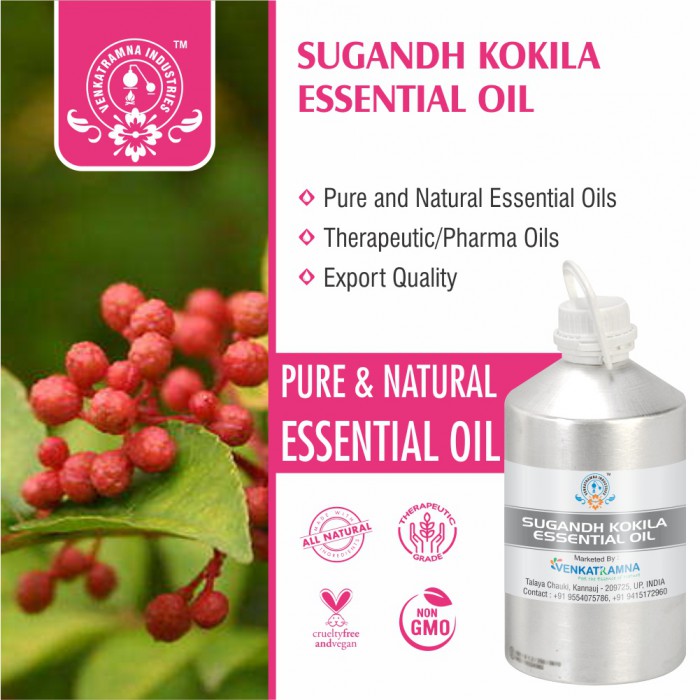Botanical Name: Juniperus communis L cupressaceae Common name: Common juniper Read More
|
Botanical Name: |
Juniperus communis
L cupressaceae |
|
Common name: |
Common juniper |
|
Plant family: |
Cupressaceae |
|
Genus: |
Juniperus |
|
Appearance/Color: |
Colorless to
pale yellow liquid with thin consistency |
|
Odor: |
Medium fresh rich
balsamic scent similar to pine needles |
|
Blends With: |
Chamomile,
Eucalyptus, Marjoram, Rosemary, Bergamot, Geranium, Clary and Sandalwood |
|
Origin: |
Hungary |
|
Source: |
Berries |
|
Method of
Extraction: |
Steam Distillation |
Juniper (Juniperus communis)
is a coniferous evergreen shrub that belongs to the pine family (Cupressaceae)
and is commonly found on heaths and mountains in North America, Europe and
Southwest Asia. In the United States, junipers grow abundantly in the
mountainous regions of the Appalachians, as well as in western states such as
Arizona, California, New Mexico and Utah.
The juniper tree can be
identified by its stiff and needle-like blue-green leaves, short reddish-brown
trunks, small yellow flowers and blue or black fruits or berries (produced by
the female trees). The tree can grow anywhere between six to 25 feet high.
The leaves, which grow in whorls
of three on the woody twigs, emit a lemon- or apple-like fragrance when
crushed.
Juniper berries, including Juniperus
phoenicea and Juniperus oxycedrus have been found in
ancient Egyptian tombs at multiple sites. J. oxycedrus is not known to
grow in Egypt, and neither is Juniperus excelsa, which was found
along with J. oxycedrus in the tomb of Tutankhamun. The berries imported
into Egypt may have come from Greece; the Greeks record using juniper berries
as a medicine long before mentioning their use in food.
The berries imported into Egypt
may have come from Greece; the Greeks record using juniper berries as a
medicine long before mentioning their use in food Harvesting/Extraction
Information The berries are green when young, and mature to a purple-black
color over about 18 months.
The berries are plucked from the branches of the plant once a year, and dried and ground before distillation. They have traditionally been used as an aromatic aid to meditation, and had remedial applications.
DISCLAIMER
The complete range of conditions
or methods of use are beyond our control therefore we do not assume any
responsibility and expressly disclaim any liability for any use of this
product. Information contained herein is believed to be true and accurate however,
all statements or suggestions are made without warranty, expressed or implied,
regarding accuracy of the information, the hazards connected with the use of
the material or the results to be obtained from the use thereof. Compliance
with all applicable federal, state, and local laws and local regulations
remains the responsibility of the user.
The FDA has not evaluated the
statements on this website. No claims are made by Venkatramna Industries as to
the medicinal value of any products from vriaroma.com or by us. The information
presented here is for educating our customers about the traditional uses of
essential oils and is not intended to diagnose, treat, cure, or prevent any
disease. You are responsible for understanding the safe application of these products.
If you have any questions, please call or email us for further information.
As per NAHA guidelines, New Directions Aromatics
(NDA) does not recommend the ingestion of essential oils. It is imperative to
consult a medical practitioner before using Essential Oils for therapeutic
purposes. Pregnant and nursing women and those taking prescription drugs are
especially advised not to use this product without the medical advice of a
physician. The oil should always be stored in an area that is inaccessible to
children, especially those under the age of 7.
Juniper berry is a powerful source of
medicinal benefits itself. This makes the juniper essential oil most used in
curing respiratory disorders and for sore throat also. Juniper
is used for digestion problems including upset stomach, intestinal
gas (flatulence), heartburn, bloating, and loss of appetite, as well
as gastrointestinal (GI) infections and intestinal worms. It is also
used for urinary tract infections (UTIs)
and kidney and bladder stones. Other uses include treating
snakebite, diabetes, and cancer.
Juniper
Berry essential oil Slovenia in Pharma
Juniper berries are traditionally
used as a powerful detoxifier and immune system booster. Juniper berries
themselves are high in flavonoid and polyphenol antioxidants that have strong
free radical scavenging abilities. It is high in flavonoids and antioxidants so
it fights against free radical damage.
Essence
of Juniper Berry essential oil Slovenia
It
has a best aroma and medicinal properties that can heal pains in muscles and
arthritis. Juniper extract and juniper oil are used
in cosmetics including lipstick, foundation, hair conditioners, bath oils,
bubble bath, eye shadow, and many other products.
COMMON USAGE
·
Treats Arthritis
·
Prevents sepsis
·
astringent
·
Reduces cramps
·
Stimulates urination
·
Disinfects blood
·
Carminative agent
·
Rubefacient
·
Open pores and promotes sweating
·
Helps in treating stomach ailments
·
Works as a tonic
·
stimulant
·
Heals wounds by Fastening healing process
Ingredients:
|
S.No |
Key Constituents |
Strength (%) |
|
1 |
a-Pinene |
41.1 |
|
2 |
b-Myrcene |
15.2 |
|
3 |
Sabinene |
9.8 |
|
4 |
Germacrene D |
6.3 |
|
5 |
(þ)-Limonene |
3.1 |
|
6 |
b-Pinene |
2.8 |
|
7 |
d-Cadinene |
2.7 |
|
8 |
Terpinen-4-ol |
1.9 |
|
9 |
Germacrene
B |
1.8 |
|
10 |
b-Caryophyllene |
1.7 |
|
11 |
a-Caryophyllene |
1.4 |
|
12 |
b-Elemene |
1.0 |
TOXICOLOGICAL
INFORMATION
Safety summary
·
Hazards: Skin sensitization if oxidized.
·
Cautions: Old or oxidized oils should be
avoided.
Safety advice:
Because of its high a-pinene
content we recommend that oxidation of juniper berry oil is avoided by storage
in a dark, airtight container in a refrigerator. The addition of an antioxidant
to preparations containing it is recommended.
Regulatory guidelines
·
Has GRAS status.
·
A warning about kidney irritation appears in the
Expanded Commission E Monographs: ‘excessive use of juniperberry oil] may cause
kidney irritation and damage because terpinen-4-ol has demonstrated irritant
activities’
Organ-specific effects
·
Adverse skin reactions: When tested at 8%
on 25 volunteers it was neither irritating nor sensitizing. It is
nonphototoxic. In a study of 200 consecutive dermatitis patients, one was
sensitive to 2% juniperberry oil on patch testing. Since autoxidation products
of a-pinene can cause skin sensitization, oxidation of a-pinene and other
monoterpenes in the oil may be responsible for the skin reactions reported
above.
·
Nephrotoxicity: Two different batches of
juniperberry oil were tested for 28 days in male rats with 100, 333 or 1,000
mg/kg, and 100, 300 or 900 mg/kg orally. Additionally, terpinen-4-ol was tested
at 400 mg/kg. In spite of the high doses used, none of the tested substances
induced changes in kidney function or morphology. Juniperberry oil has
demonstrated renoprotective activity, completely reversing the decrease in
inulin clearance caused by tacrolimus in rats.
·
Reproductive toxicity: Most of the
above referenced sources refer to ‘juniper’ generically, without specifying a
preparation. None of these refer to the probable scientific basis for the
abortifacient activity of juniper. Ethanolic and acetone extracts of juniper
berries have a significant antifertility effect in rats. An ethanolic extract
of juniper berries demonstrated both an early and a late abortifacient activity
in rats. An ethanolic extract would contain some essential oil, but there is no
evidence that the essential oil is responsible for these effects. Since the oil
constitutes only 1.5% of the raw material, and since all the major constituents
of the essential oil are apparently non-toxic.
Systemic
effects
·
Acute toxicity: Juniper berry oil
acute oral LD50 in rats reported as 8.0 g/kg and as >5 g/kg; acute dermal
LD50 in rabbits >5 g/kg.
·
Antioxidant/pro-oxidant activity: Juniper
berry oil showed moderate antioxidant activity as a DPPH radical scavenger and
in the aldehyde/carboxylic acid assay.
·
Carcinogenic/anticarcinogenic potential:
No information found. (þ)-Limonene displays anticarcinogenic activity.
ECOLOGICAL
INFORMATION
·
Aquatic Toxicity: toxic to aquatic life with long lasting
effects
·
Bioaccumulation: No data available
·
Mobility in soil: No data available
·
Persistence and degradability: No data available
·
PBT and vPvB assessment: No data available
·
Other adverse effects: Do not allow it to enter
into water systems and marine environment.


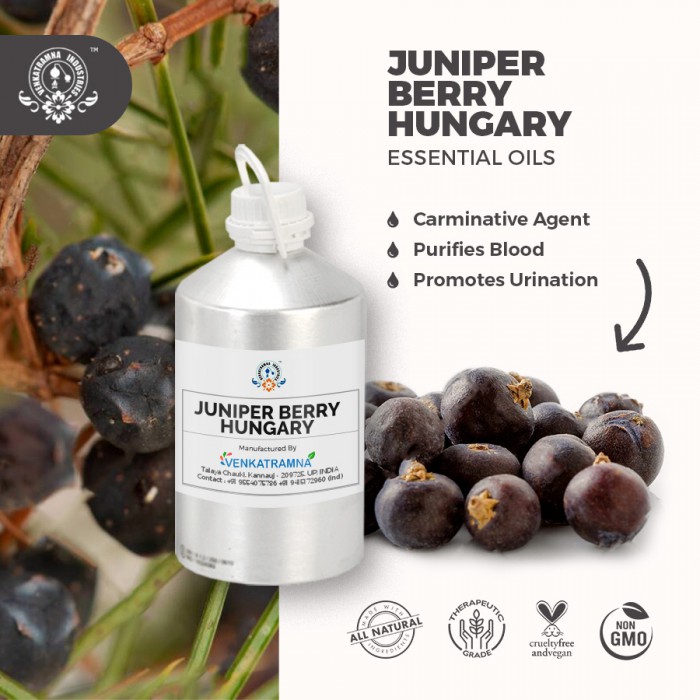
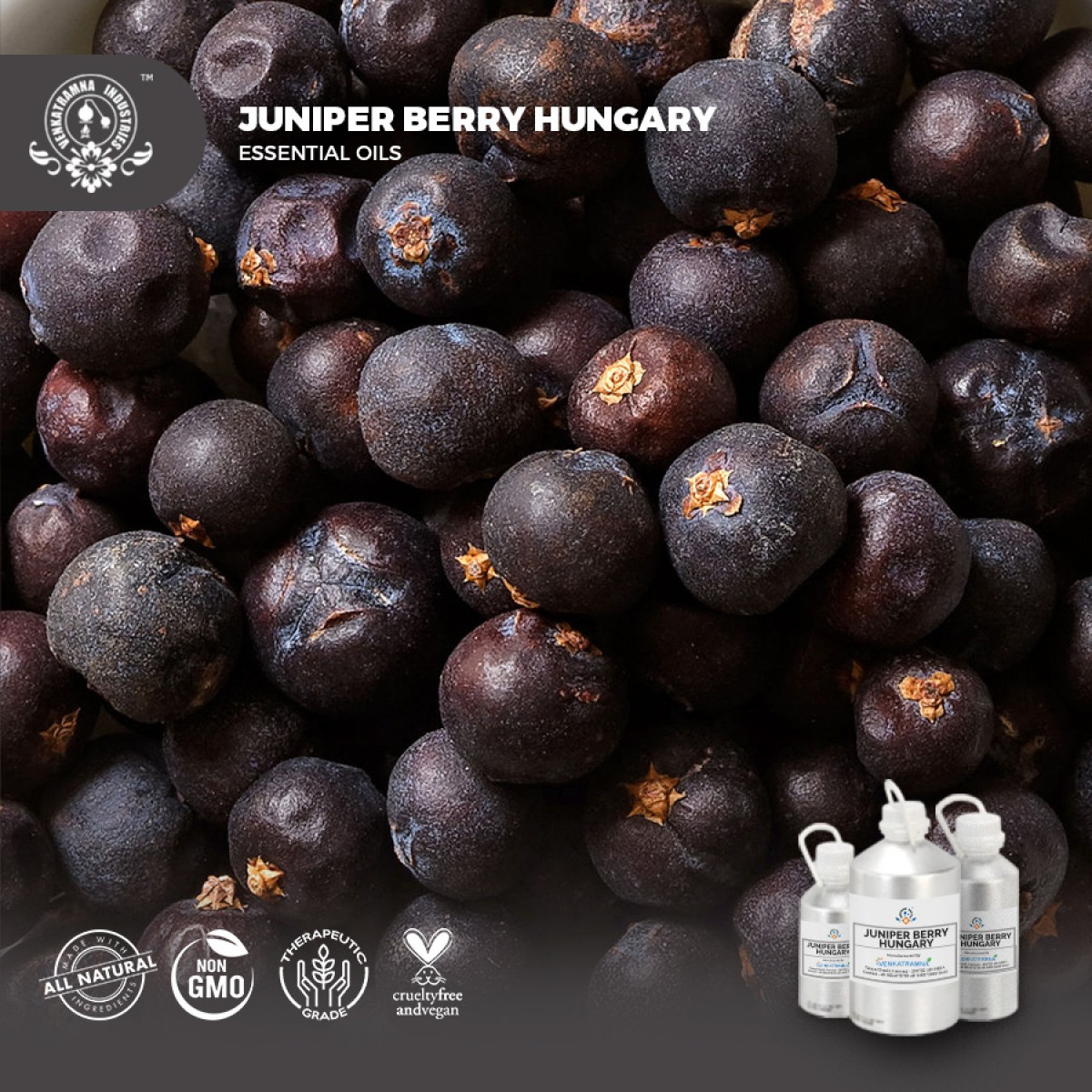
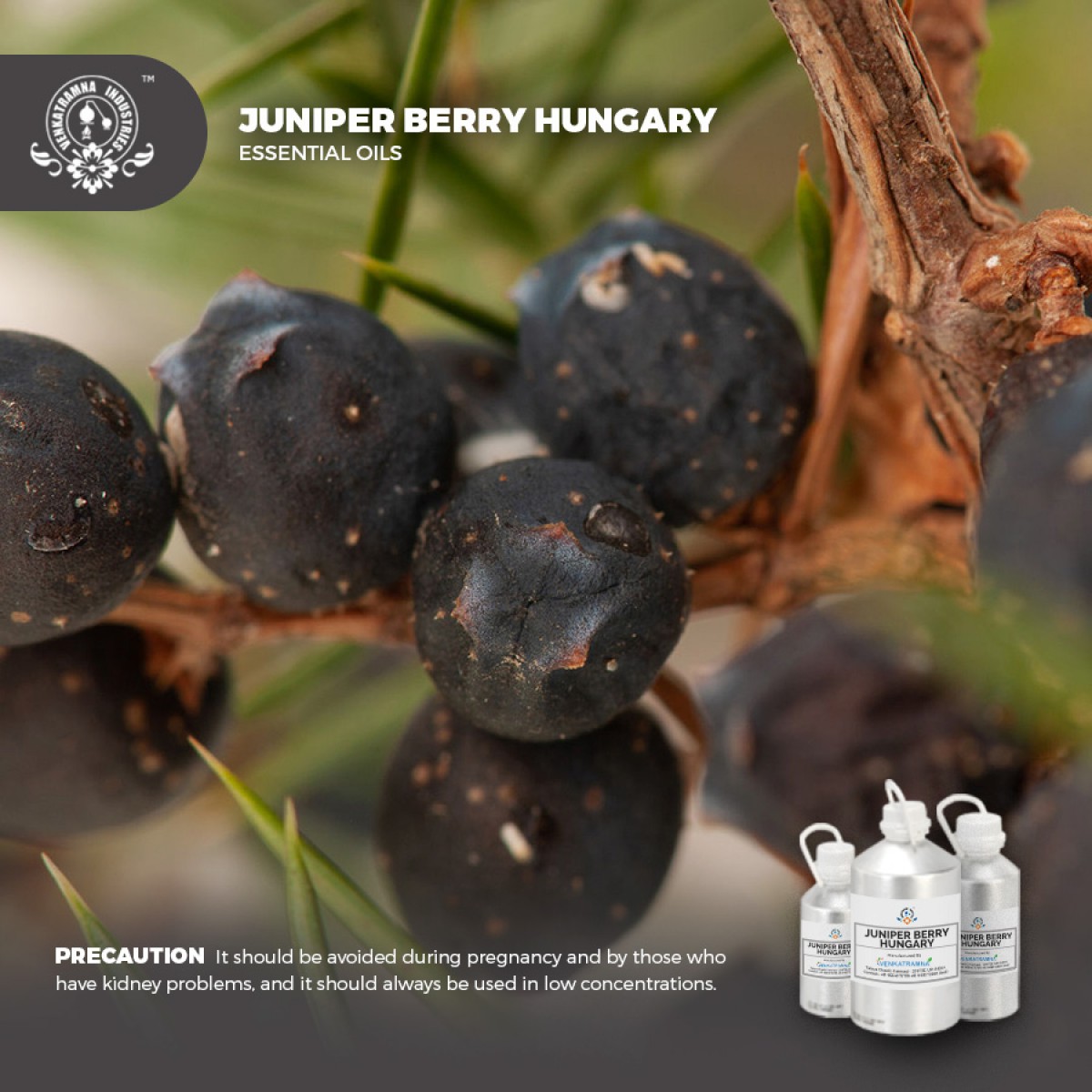
 MSDS-Juniper2.pdf
MSDS-Juniper2.pdf